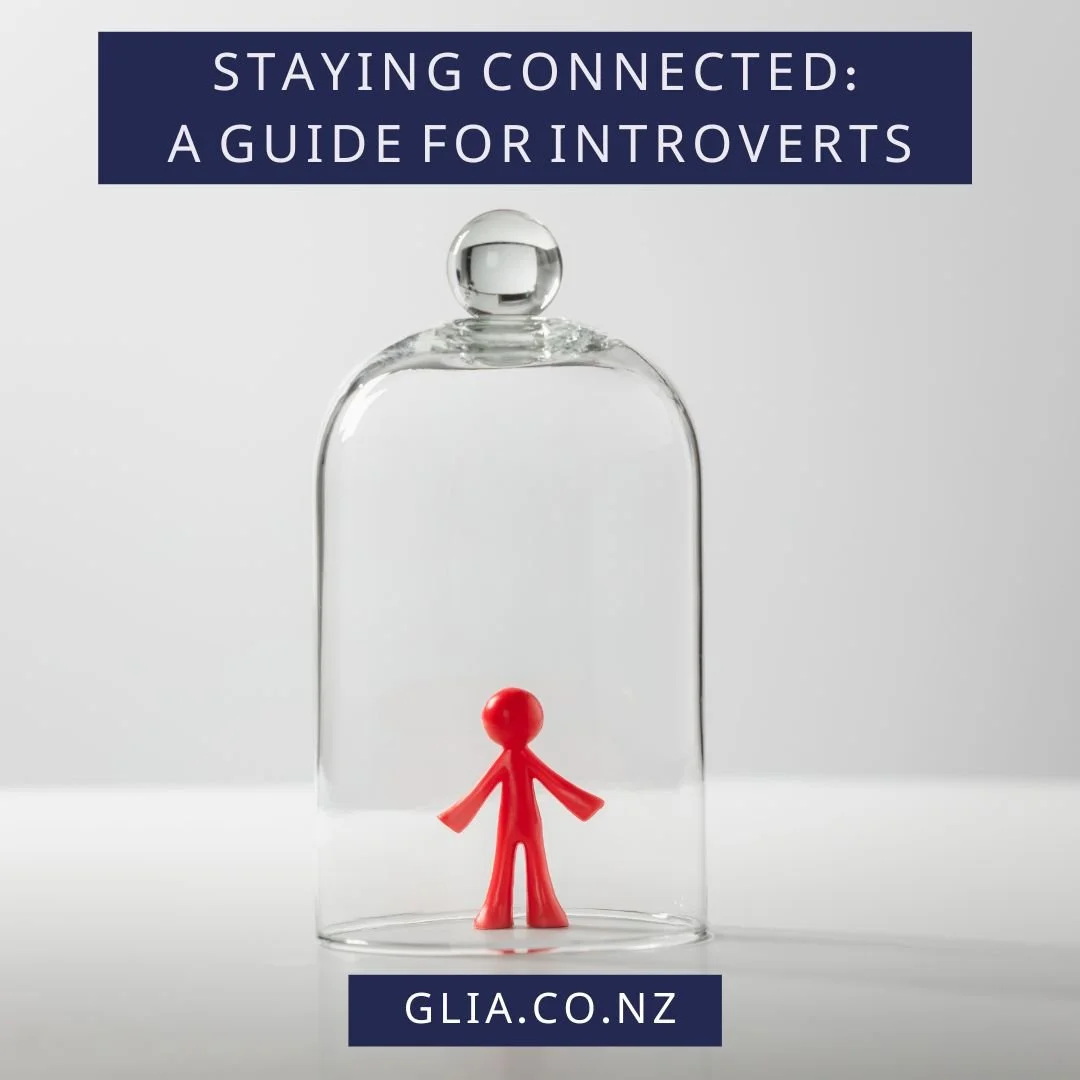Imposter syndrome is a common experience, even among the most successful individuals like Tom Hanks, Serena Williams, and Michelle Obama. In our latest blog, we explore how these feelings of self-doubt can actually become a powerful tool for personal growth and achievement. Learn how to shift your mindset, recognize your true worth, and leverage those imposter thoughts to fuel your success. Whether you're a leader looking to create an inclusive environment or an individual battling self-doubt, this blog offers actionable insights to help you thrive.
Read more on how to conquer imposter syndrome and turn it into your secret weapon for success.







